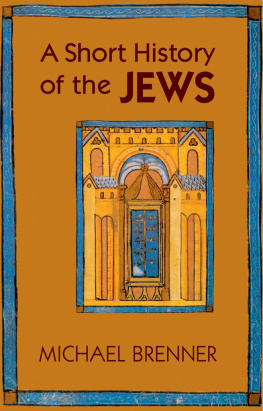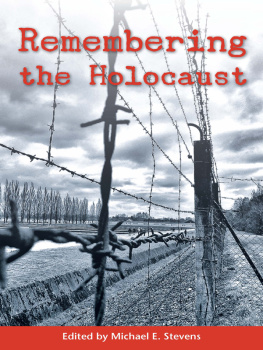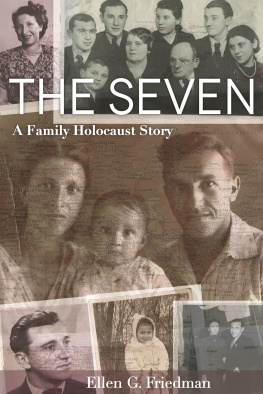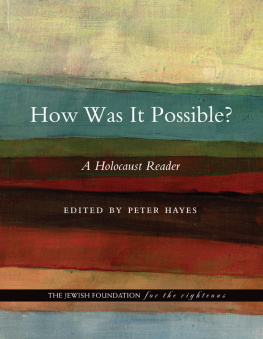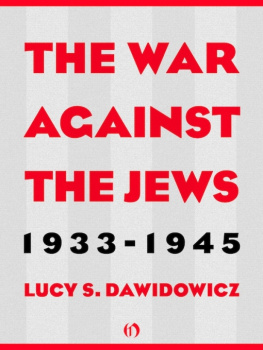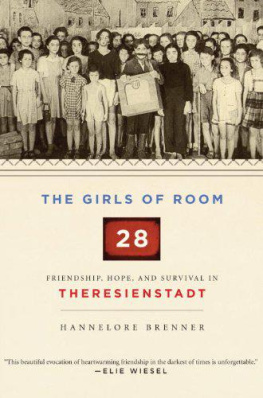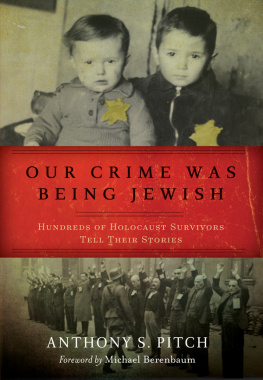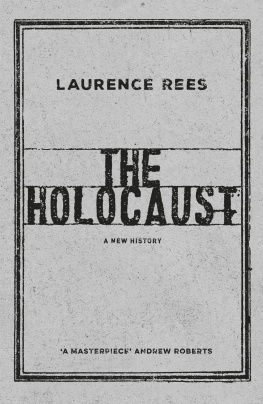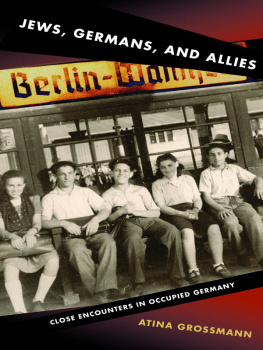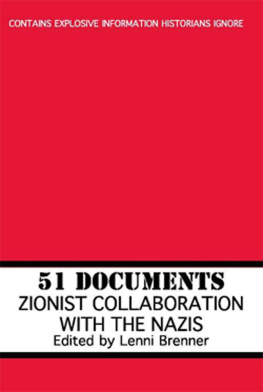Michael Brenner - After the Holocaust
Here you can read online Michael Brenner - After the Holocaust full text of the book (entire story) in english for free. Download pdf and epub, get meaning, cover and reviews about this ebook. year: 1999, publisher: Princeton University Press, genre: Home and family. Description of the work, (preface) as well as reviews are available. Best literature library LitArk.com created for fans of good reading and offers a wide selection of genres:
Romance novel
Science fiction
Adventure
Detective
Science
History
Home and family
Prose
Art
Politics
Computer
Non-fiction
Religion
Business
Children
Humor
Choose a favorite category and find really read worthwhile books. Enjoy immersion in the world of imagination, feel the emotions of the characters or learn something new for yourself, make an fascinating discovery.

- Book:After the Holocaust
- Author:
- Publisher:Princeton University Press
- Genre:
- Year:1999
- Rating:5 / 5
- Favourites:Add to favourites
- Your mark:
After the Holocaust: summary, description and annotation
We offer to read an annotation, description, summary or preface (depends on what the author of the book "After the Holocaust" wrote himself). If you haven't found the necessary information about the book — write in the comments, we will try to find it.
This landmark book is the first comprehensive account of the lives of the Jews who remained in Germany immediately following the war. Gathering never-before-published eyewitness accounts from Holocaust survivors, Michael Brenner presents a remarkable history of this period. While much has been written on the Holocaust itself, until now little has been known about the fate of those survivors who remained in Germany. Jews emerging from concentration camps would learn that most of their families had been murdered and their communities destroyed. Furthermore, all Jews in the country would face the stigma of living, as a 1948 resolution of the World Jewish Congress termed it, on bloodsoaked German soil. Brenner brings to life the psychological, spiritual, and material obstacles they surmounted as they rebuilt their lives in Germany. At the heart of his narrative is a series of fifteen interviews Brenner conducted with some of the most important witnesses who played an active role in the reconstruction--including presidents of Jewish communities, rabbis, and journalists.
Based on the Yiddish and German press and unpublished archival material, the first part of this book provides a historical introduction to this fascinating topic. Here the author analyzes such diverse aspects as liberation from concentration camps, cultural and religious life among the Jewish Displaced Persons, antisemitism and philosemitism in post-war Germany, and the complex relationship between East European and German Jews. A second part consists of the fifteen interviews, conducted by Brenner, with witnesses representing the diverse background of the postwar Jewish community. While most of them were camp survivors, others returned from exile or came to Germany as soldiers of the Jewish Brigade or with international Jewish aid organizations. A third part, which covers the development of the Jewish community in Germany from the 1950s until today, concludes the book.
Michael Brenner: author's other books
Who wrote After the Holocaust? Find out the surname, the name of the author of the book and a list of all author's works by series.

